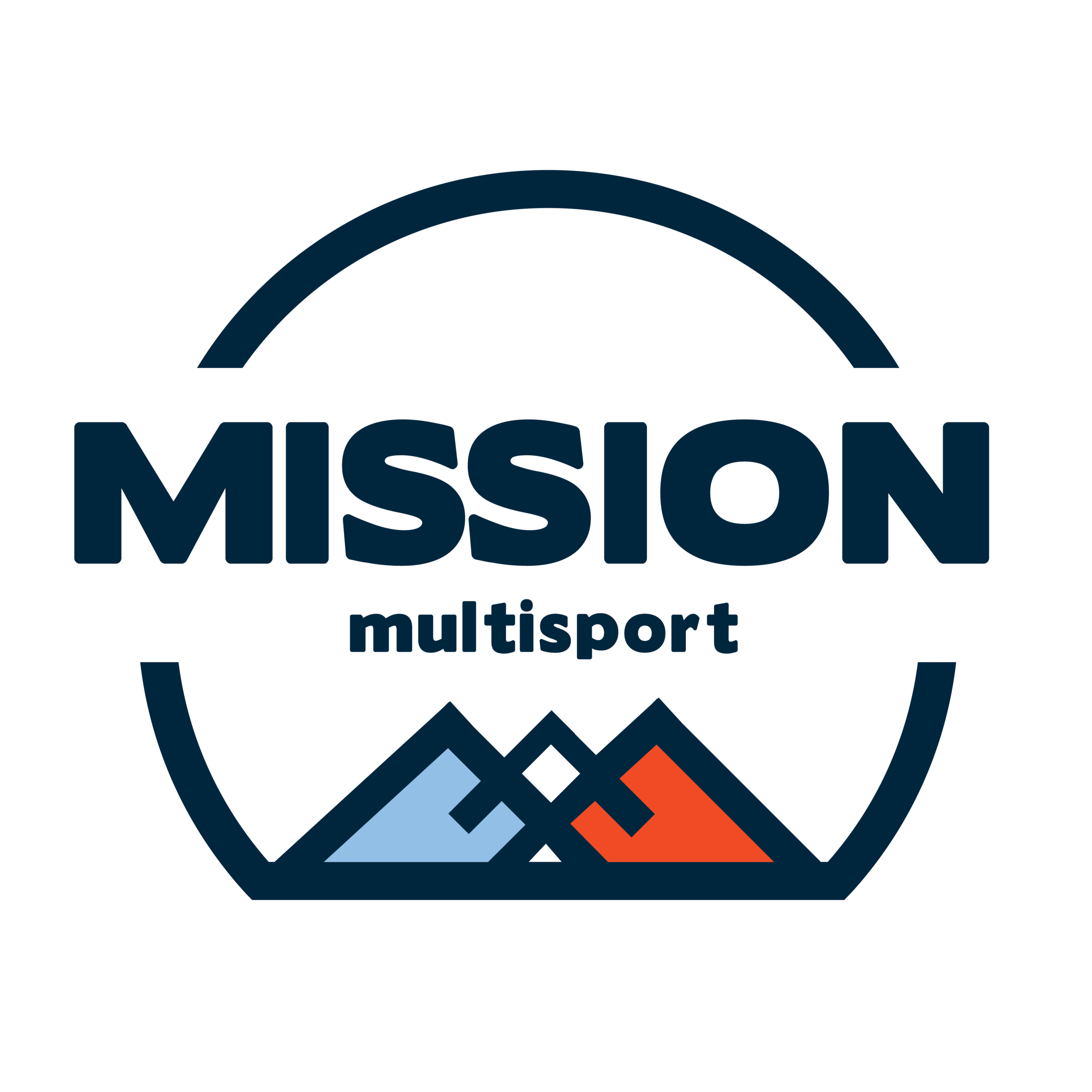Why now is the perfect time to hire a coach
Spoiler alert. I make money coaching athletes. It’s not the only way I make money but one day I want it to be a large portion of my income. So yeah, I’m writing this in some part to sell you on why you should work with me all year round for my own benefit but for the most part I’m writing this because I want my athletes to get the most out of themselves and reach their full potential. Every athlete has potential they don’t realize and the most important thing I can do is help bring that out and honestly that’s the best part of coaching. A few times a year I get to see an athlete’s potential before they do and that is one of the coolest things for me as a coach.
It takes time: Triathlons are hard. They are by design supposed to be hard. It’s literally why you feel good after you finish one, because you did something difficult. Results simply take time and depending on what you want to accomplish, your results could take a lot of time. Coach/athlete relationships are hard too and it takes time before they are truly working efficiently. Most of the time we don’t know each other well when we start working together so there is a certain amount of time that is a feeling out process. A lot of new athletes aren’t sure how to communicate, what feedback to give, when to ask for clarification/figure it out themselves, and a lot of coaches lack the social tact to acknowledge that all athletes are different. I’ve had athletes come to me from previous coaches who would demand feedback on everything and force communication. Chances are triathlon isn’t the most important thing in your life, so if you get a minute, talk to your kids/partner/family not your coach. I’ve also had athletes come to me from previous coaches who would talk to them once or twice a month and never want feedback. You might be getting fit because of a structured plan but you're lacking optimization and missing out on real gains. There needs to be a balance and balance means different things to every athlete. The point is it takes time to build the coach/athlete relationship to figure out what each athlete needs as an individual.
Mission Multisport coached athletes Bill, Tricia and Anthony (Ant-Man) pre race!
“Triathlons are hard. They are by design supposed to be hard.”
You as an athlete need to find out what works for you: Personally I don’t hand hold or give fluff as feedback. You are in no way a #bada$$ for completing your scheduled long run or brick workout. You’re doing what’s being asked of you and what you wanted to do to accomplish your goals. My wife and I watch a lot of UFC on Saturday nights (a rabbit hole I can go down in a different blog) and one of our favorite parts is listening to the coaches in the corner between rounds. I always think there is a correlation in high performing fighters and the feedback they get from their coaches. It’s never motivation such as; “dig deep”, “don’t quit”, etc. It’s always applicable, relevant advice such as; when they throw the right hand go for a takedown. That’s what athlete’s need to succeed. Relevant, applicable advice and feedback that can be used to improve their performance. If you want a coach who is simply there to motivate you just go read a David Goggins book because that’s a cheaper waste of time.
Improvements start in the off-season: Lately I’ve been having end of season conversations with all of my athletes so we can decide on some goals for the off season, what went well (or didn’t go well) this season, how we are going to get better this off season and some potential races for next year. This is a crucial part of the year for any coach/athlete and without this dialogue you may find yourself a little aimless and before you know it you’ll wake up in April still feeling aimless. Now that there isn’t a need for large volume or intense workouts, it’s the perfect time to make some adjustments in your swim stroke, hone in your running form or do one legged drills on the bike to promote pedaling efficiency. I also am a big believer in strength work in the off season and love seeing my athletes do some dedicated gym work, to include heavy lifts if possible. I’ve said before but everyone I know who ran a marathon, Ironman or not, never says “I took it too easy on that last 10k”. If you want to run that last 10k at or below your goal pace (which you do) you need to have muscular endurance and resilience. Strength work, along with proper volume/intensity, is your friend here.
mmmmmm cake
You don’t put icing on the cake before it’s baked: There is time for specificity, proper intervals, track workouts, and key sessions. That time is not late Fall/early Winter. Now is the time to work on your weaknesses (and strengths), establish some base levels of fitness, get into your routine and get strong. For example: racing is, at this point, months away so doing race pace efforts would be senseless as your race pace isn’t relevant. Rather you should be establishing consistency, getting stronger, building your base fitness/aerobic capacity and (dare I say) enjoying the process. There is plenty of time to nail specific intervals and key workouts in the Spring as you get sharp for the season. Also going into the Spring with the largest aerobic capacity possible and being structurally as strong as possible is key if you want to keep developing your fitness and abilities. You can’t put a jet engine on a paper airplane…
The time to establish a routine and habits is now: I don’t think I’m going out on a limb here when I say that motivation isn’t really going to get you anywhere in this sport. Sure, being motivated will help you wake up early a few times in the days after you sign up for a race but it’s not going to get you through the long cold winter of indoor training and dry skin. If you ask any of my athletes they’ll tell you that the weekly structure rarely changes. Of course volume and intensity may vary depending on the time of year or how close you are to a race but more than likely if we swim M/W/F those days won’t change regardless of time of the year. I want all my athletes to establish a consistent routine and make training so habitual that they only need to look at TrainingPeaks to see the fine details of the workout. Doing this in the off-season is critical to performance during the summer. Why? Because we get the opportunity to fine tune what works best for each athlete as an individual. I had a Kona qualifier this year do her long run on Thursdays, I had an All-American do his long run on a Wednesday and I had a 70.3 Worlds qualifier do her long run on a Sunday. What do they all have in common? A lot of things but their specific weekly structure isn’t one of them.
If you’re looking to get aero, now is the time. Don’t wait until the Spring.
You’re a better athlete with a plan: Right now I’m just over 2 weeks post the last race of the season and I’m doing my best to relax, not do any structured workouts, rest my body, focus on my real job and let me tell you- it’s awful! All I want is to be on a structured plan and train as hard as I possibly can. I doubt I'm unique in feeling this way as just about everyone is better with a plan, but what we fail to realize sometimes is that rest, recovery, and downtime are part of the plan. As long as we don’t let October turn into January while we are still taking our well deserved downtime. I always build into my athletes off season plans time for non triathlon activities to keep the body and mind fresh. We do enough work to make the necessary gains and build our base fitness while still focusing on family, friends, our jobs and recovery.




